
NO&T Dispute Resolution Update
NO&T Asia Legal Review
Restraint of trade clauses (also known as non-compete clauses) have recently come under attention in Singapore following a slew of cost-cutting measures and employee-related issues involving high profile e-commerce and tech companies.
In January 2024, the Singapore High Court dismissed injunction applications by Shopee Singapore Pte Ltd (“Shopee”) to restrain a former senior employee from joining competitor firm ByteDance Pte Ltd (“ByteDance”) and soliciting Shopee’s clients and employees. ByteDance owns e-commerce platform TikTok Shop.
The case, Shopee Singapore Private Limited v Lim Teck Yong [2024] SGHC 9, provides timely guidance on the requirements and considerations for crafting restraint of trade clauses and their subsequent enforcement.
Apart from the judiciary, Parliament and the Government have also recently weighed in on these matters, as discussed at the end of this article.
The defendant, Mr Lim Teck Yong, entered into a restrictive covenants agreement (“RCA”) and an employee confidentiality agreement (“ECA”) with Shopee at the start of his employment.
The RCA prohibited Mr Lim from (i) working with a competitor for 12 months after leaving Shopee and (ii) soliciting Shopee’s clients or employees (collectively, “Restraint of Trade Clauses”).The ECA provided that Mr Lim shall keep all proprietary information confidential and use such information for the exclusive benefit of the Shopee Group.
Mr Lim resigned in August 2023 after eight years with Shopee, and joined ByteDance in September 2023 as leader of TikTok Shop’s governance and experience team.
Shopee filed legal action against Mr Lim in November 2023 for breach of the Restraint of Trade Clauses, seeking interim injunctions to restrain Mr Lim from accepting employment with ByteDance and soliciting Shopee’s clients and employees. Shopee also sought a “springboard injunction” to restrain Mr Lim from accepting employment with any other competitors.
The Court applied the well-established “American Cyanamid test” for the grant of interim injunctions which, in the context of restraint of trade, requires:
The Court applied two further well-established principles. First, restraint of trade clauses (particularly those in the employment context) are prima facie void and unenforceable as public policy is against unreasonable restriction of freedom of trade. Second, where confidential information or trade secrets are already protected by another contractual clause, the applicant must show that the relevant restraint of trade clause covers a legitimate proprietary interest over and above the protection of confidential information or trade secrets.
The Court noted that the confidential information Shopee sought to protect were relatively generic, such as (a) immediate and long-term growth and business plans, (b) pricing and marketing strategies, and (c) statistics on orders, users and gross merchandise value.
Given such confidential information was already protected under the ECA, the Court ruled that Shopee failed to establish that its proprietary interest in protecting the confidential information under the RCA went over and above its interest in protecting the confidential information covered by the ECA.
The Court also stated that the generic nature of such confidential information was relevant to the geographical scope of the non-competition restriction, which extended to e-commerce competitors in all of Shopee’s markets, even if Mr Lim was not involved in those markets. Such a restriction was not considered reasonable under the American Cyanamid test.
The Court additionally found that there was insufficient evidence that Mr Lim had breached or would breach his non-solicitation obligations under the RCA.
The Court hence dismissed Shopee’s interim injunction application.
“Springboard injunctions” guard against misuse of confidential information to gain an unfair advantage, and has the following requirements:
Unconvinced by Shopee’s contentions, the Court did not consider Mr Lim’s refusal to provide additional undertakings that he had not breached and would not breach his confidentiality obligations under the ECA, to be sufficient evidence of misuse or risk of misuse of commercially sensitive or confidential information by him or that he had breached the ECA. Shopee’s springboard injunction application was likewise dismissed.
Restraint of trade clauses are a common feature in employment contracts, particularly where employees of senior levels or executive functions are involved. In practice, determining the precise application and implications of such clauses can be complex.
This case illustrates that the validity and enforceability of restraint of trade are highly fact-sensitive. As such, employers seeking such interim injunctions should take care, with the assistance of legal counsel, to frame the proprietary interest sought to be protected appropriately and present sufficient evidence to satisfy the legal requirements.
A separate recent retrenchment exercise by regional e-commerce firm Lazada has cast a spotlight on employees affected by a 12-month non-compete clause which covers an extensive list of technology, retail and logistics companies. This triggered a Parliamentary discussion in February of the impact of Lazada’s retrenchment exercise.
In tandem with these developments, the Ministry of Manpower (“MOM”) has issued a statement recognizing that restraint of trade clauses must be reasonable, balancing employers’ needs to protect legitimate business interests and employees’ ability to earn a living. MOM has also announced that it is developing guidelines on non-compete clauses to educate employers and employees. These guidelines are expected to provide further clarity on the suitability of including non-compete clauses in employment agreements and relevant factors to consider in drafting the scope of such clauses.
This newsletter is given as general information for reference purposes only and therefore does not constitute our firm’s legal advice. Any opinion stated in this newsletter is a personal view of the author(s) and not our firm’s official view. For any specific matter or legal issue, please do not rely on this newsletter but make sure to consult a legal adviser. We would be delighted to answer your questions, if any.
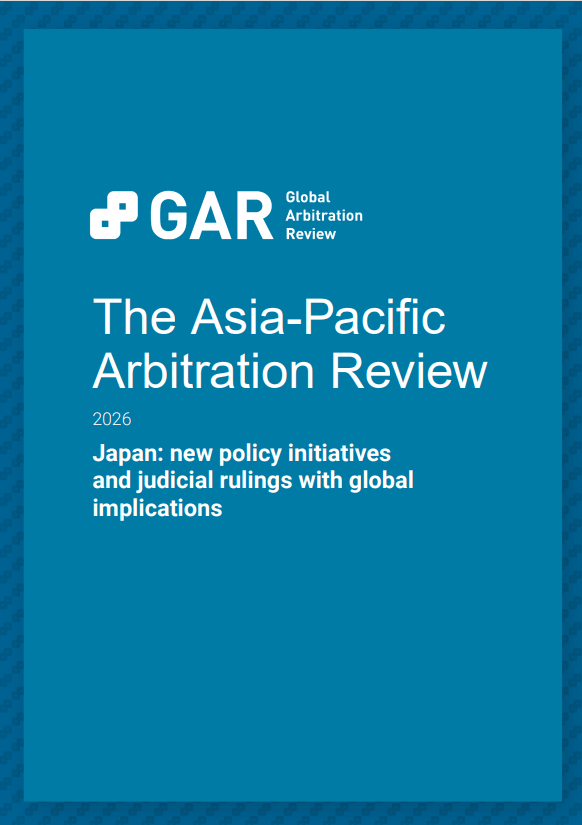

(May 2025)
Yoshimi Ohara, Shota Toda, Annia Hsu (Co-author)


Patricia O. Ko


Hiroki Tajima
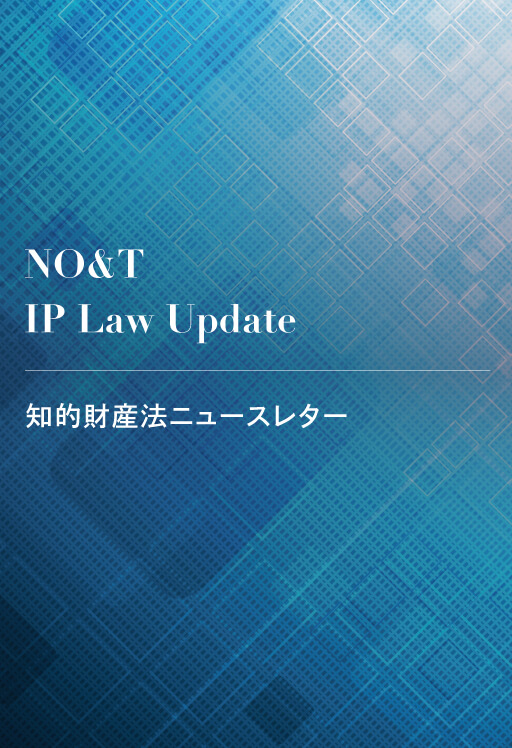

Kenji Tosaki, Takahito Hirayama (Co-author)


Patricia O. Ko


Claire Chong, Kennosuke Muro (Co-author)
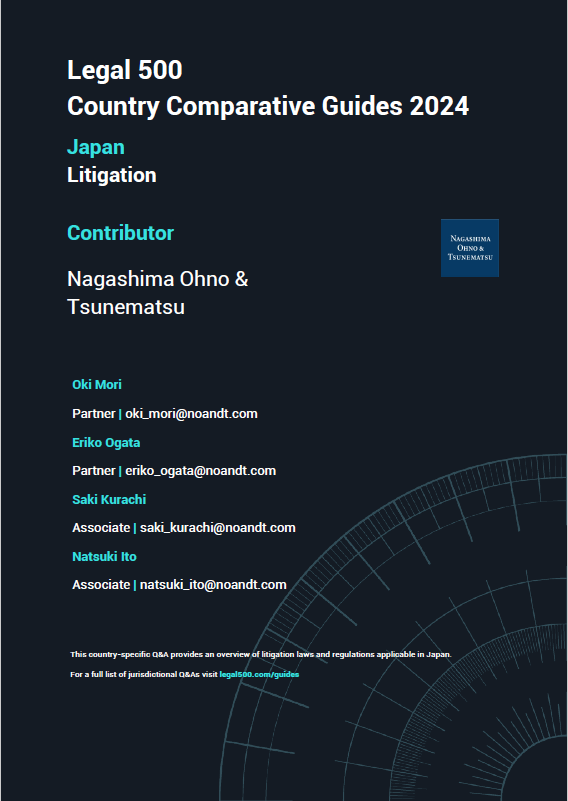

(July 2024)
Oki Mori, Eriko Ogata, Saki Kurachi, Natsuki Ito (Co-author)


Claire Chong, Kei Kajiwara (Co-author)


(February 2025)
Koki Yanagisawa, Hiroyuki Ebisawa (Co-author)


Kara Quek, Kennosuke Muro (Co-author)


Annia Hsu, Kennosuke Muro (Co-author)


Claire Chong, Kennosuke Muro (Co-author)


Patricia O. Ko
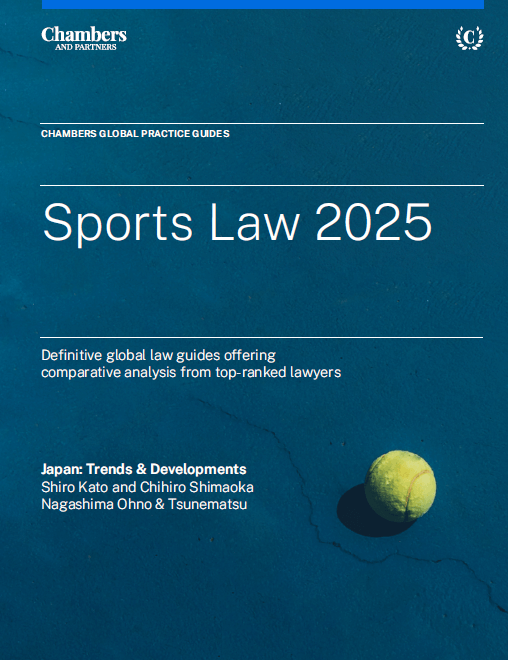

(April 2025)
Shiro Kato, Chihiro Shimaoka (Co-author)
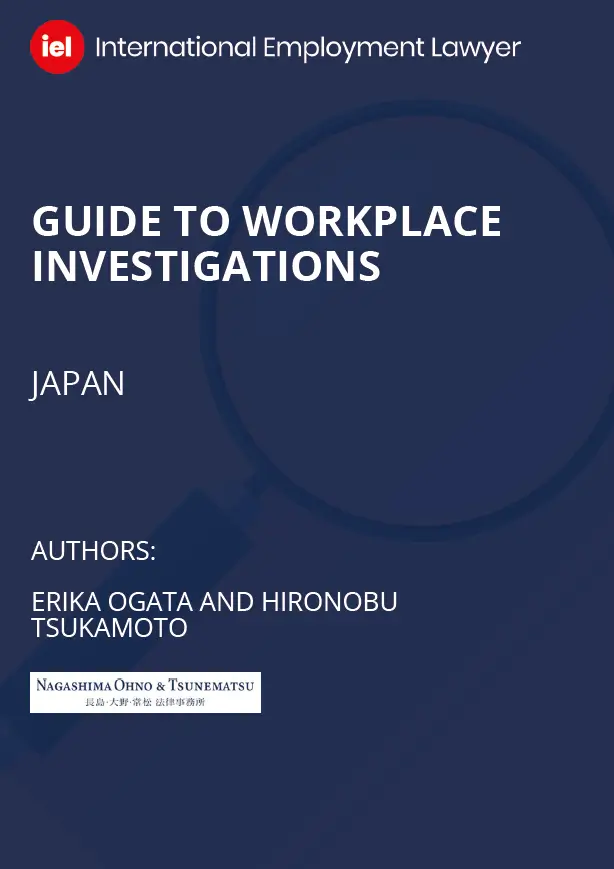

(January 2025)
Hironobu Tsukamoto, Eriko Ogata (Co-author)


Luciana Fransiska


Patricia O. Ko


Ngoc Hoang


Yuan Yao Lee


Chattong Sunthorn-opas, Thunsinee Sungmongkol (Co-author)


Patricia O. Ko


Ngoc Hoang


Yuan Yao Lee


Chattong Sunthorn-opas, Thunsinee Sungmongkol (Co-author)


Kara Quek, Kennosuke Muro (Co-author)


Annia Hsu, Kennosuke Muro (Co-author)


Claire Chong, Kennosuke Muro (Co-author)


Bertrice Hsu, Yuji Ibaraki (Co-author)